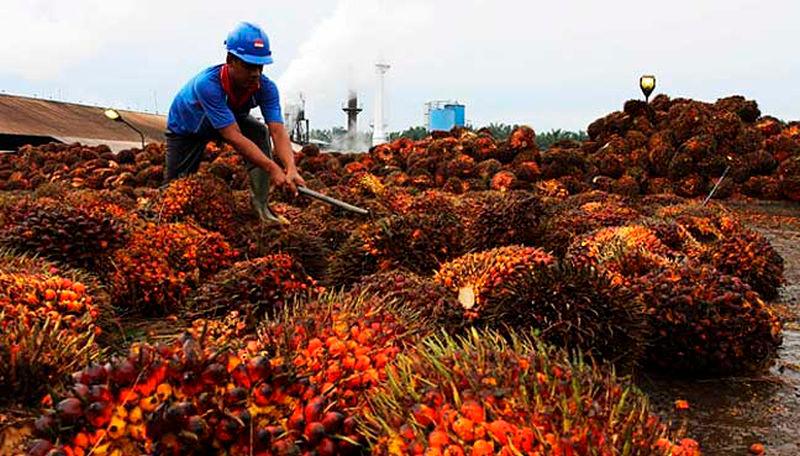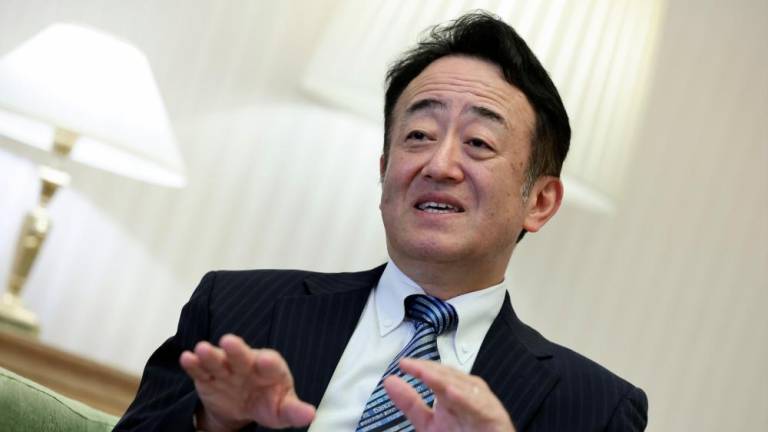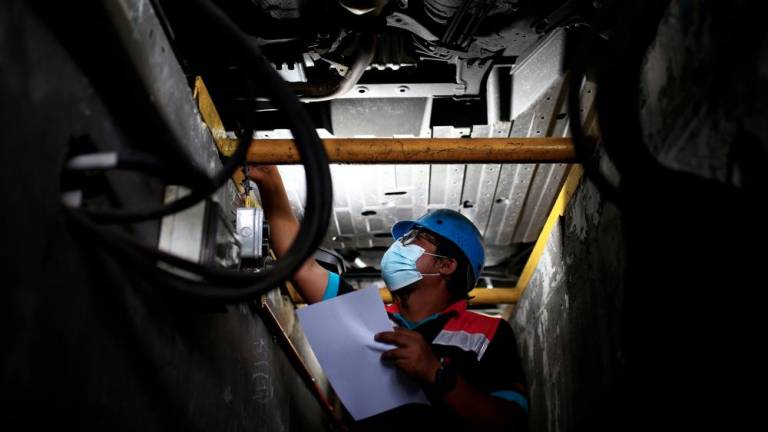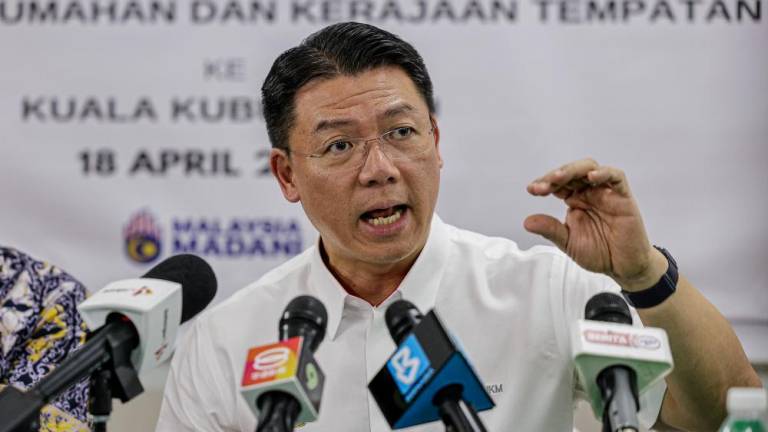PETALING JAYA: Malaysia’s palm oil stocks likely grew 6% month on month, but fell 20% year on year (yoy) to 1.8 million tonnes as at end-August 2020, due mainly to higher output and lower exports, according to survey findings from CGS-CIMB Futures.
Over the past 10 years, Malaysian palm oil inventory has risen by an average of 5.3% on month in the month of August. Official figures will be released on Sept 10.
In its note, CGS-CIMB said Malaysia’s crude palm oil (CPO) output probably grew 6% month on month (+6% yoy) to 1.92 million tonnes in August 2020 while palm oil exports likely fell 14% mom and 12% yoy, as the recent sharp rise in CPO prices may have impacted demand.
“Our projection of a 6% mom rise in CPO output in August is broadly in line with historical trends of a 6% mom increase in August output over the past 10 years.
“Our survey revealed that Sabah and Sarawak estates were the main drivers behind the improving FFB yields. This is not unexpected as Peninsular Malaysia estates posted sharper-than-expected recovery in yields in the May-July period compared with East Malaysian estates,” it said.
The research house estimated that palm oil exports declined 14% on-month and 12% on-year in August to 1.53 million tonnes, partly due to concerns over the affordability of palm oil for some consumers in low-income countries and the economic viability of Indonesia’s biodiesel mandate (B30), after CPO prices rallied from a low of RM2,021 on May 6 to RM2,885 a tonne on Sept 2 (+43%).
Overall, average CPO prices grew 36% yoy to RM2,815 a tonne in August on concerns over the relatively low inventory level of palm oil in Malaysia and Indonesia, and that output during the expected peak production period of August-December could disappoint due to labour issues in Malaysia and weather issues in Indonesia.
“We project CPO prices to trade at RM2,400-2,800/tonne in September. Assuming our view of higher palm oil supply in the fourth quarter materialises, we believe further upside to CPO prices could be capped as concerns over current tight inventory will ease and B30 mandate may be difficult to fulfil beyond 2020 due to lack of funding,” it added.













